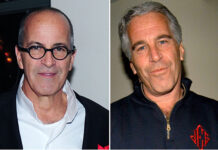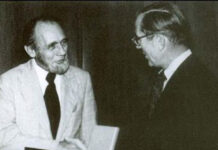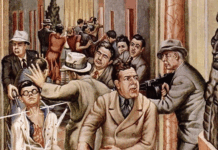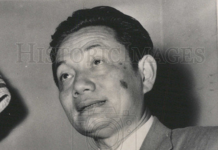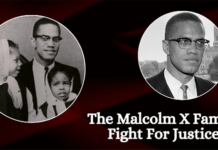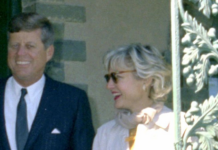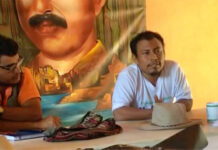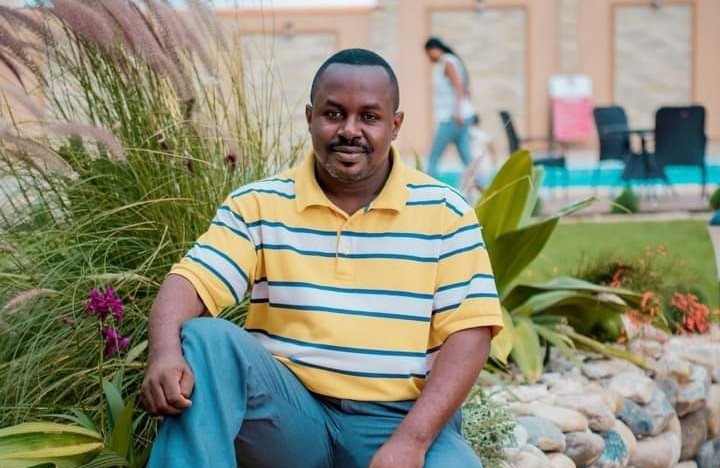
The man Bill Clinton called “one of the greatest leaders of our time” has admitted that many of his opponents “tend to die.”
In the early morning hours of January 18, Rwandan journalist John Williams Ntwali died in a road accident. According to the senior police superintendent in Kigali, Ntwali was the passenger on a motorcycle that was struck by a speeding car whose driver was then arrested.
Suspicion was aroused, however, when the Rwandan authorities failed to provide a police report, the exact location of the alleged accident, any photo or video evidence, or detailed information on the others involved in the accident.
Ntwali was an investigative journalist who played a leading role in covering and bringing attention to the plight of residents who are in a dispute with authorities over land evictions. Ntwali was also one of only a few journalists in Rwanda independently covering high profile politicized trials of journalists, commentators and opposition members, and posting videos about their condition in prison.
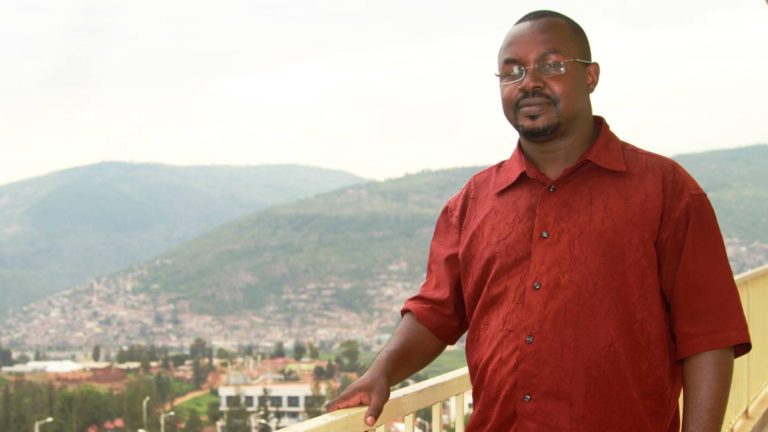
In June 2022, he told Human Rights Watch about the torture wounds he had seen on inmates—numbers of whom were arrested for “genocide denial”; meaning they questioned the official narrative of events in April 1994.
Prior to his death, Ntwali had published videos on his YouTube channel about people who had suspiciously “disappeared.” His last video, posted on January 17, was about the reported disappearance of a genocide survivor who had spoken out about being beaten by police officers in 2018.
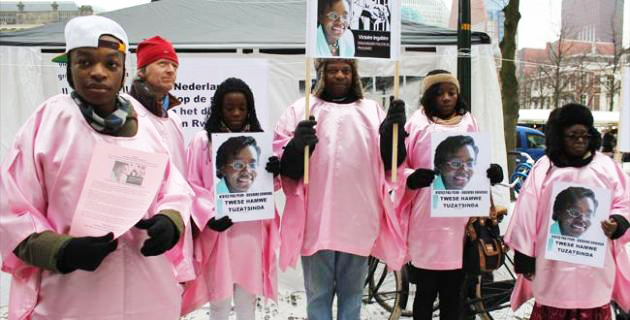
In June 2022, Mtwali told Human Rights Watch:
“I’m told that after the Commonwealth heads of Government Meeting [CHOGM], they won’t play around with us anymore. I’ve been told five or six times, I receive phone calls from private numbers. Some [intelligence] people have come to my house twice to tell me. NISS [National Intelligence and Security Services] has told me: ‘If you don’t change your tone, after CHOGM, you’ll see what happens to you.’”
A journalist who saw Ntwali a day before his death told Voice of America: “He looked cautious and switched off his phone before we started talking…He said phones could not be trusted. He told me that all the doors on which he knocked were closed but he was determined to face life. His death was so sudden.”
A group of 90 human rights organizations, many Africa-based, are demanding an independent inquiry into Ntwali’s death.
The International Press Institute noted that Rwandan authorities have consistently failed to ensure credible investigations into and accountability for suspicious deaths of political opponents or high-profile critics, such as Kizito Mihigo, a popular gospel singer who died in police custody in February 2020.
Therefore, regional and international experts—such as the United Nations Special Rapporteur on extrajudicial, summary or arbitrary executions—should be involved in the investigation.
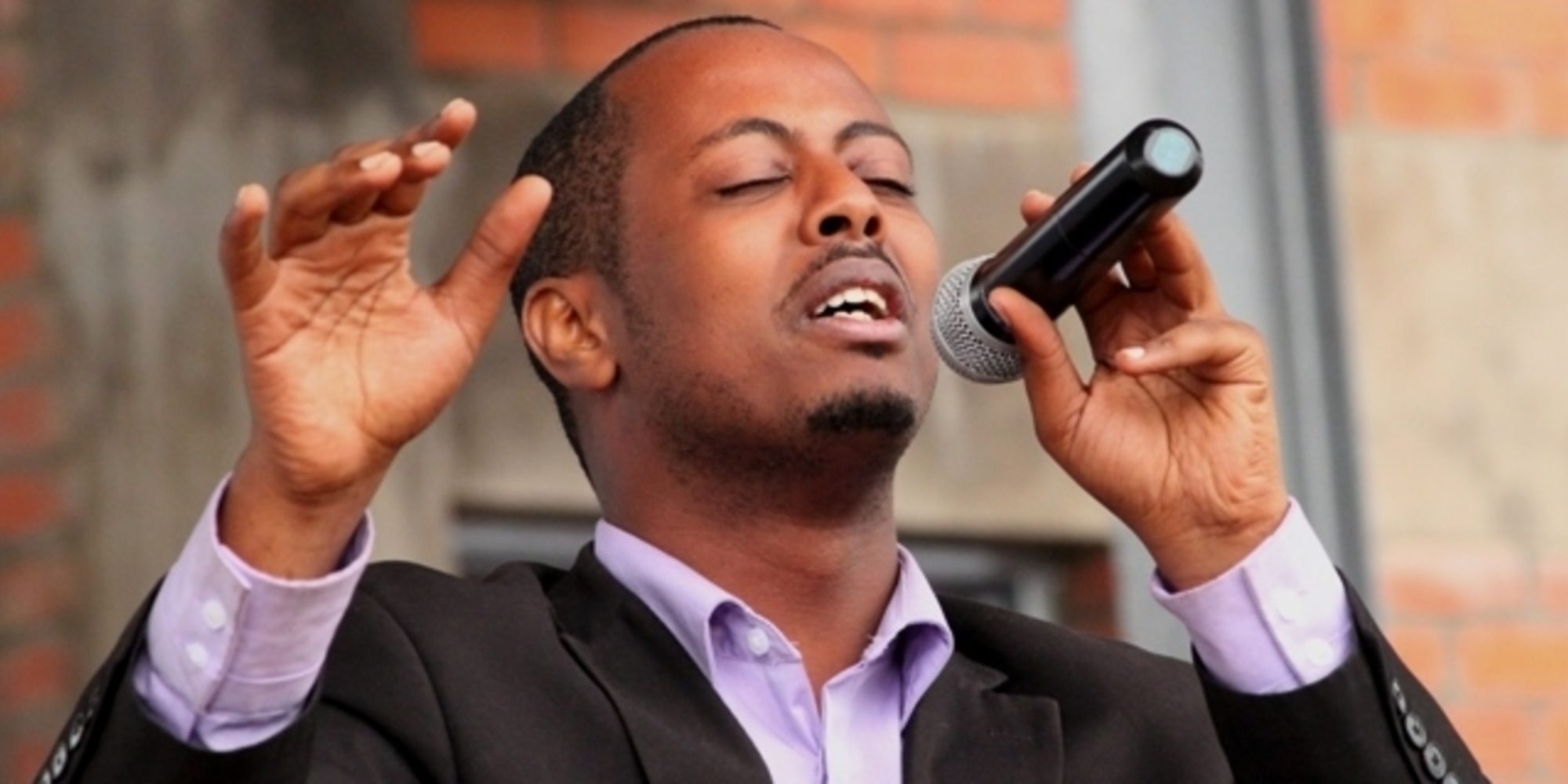
Legitimizing a Strongman
Time magazine called the Biden administration to task in December for giving a platform to Rwandan President Paul Kagame at the U.S.-Africa Leaders Summit which, it said, “legitimizes strongmen like [him].”
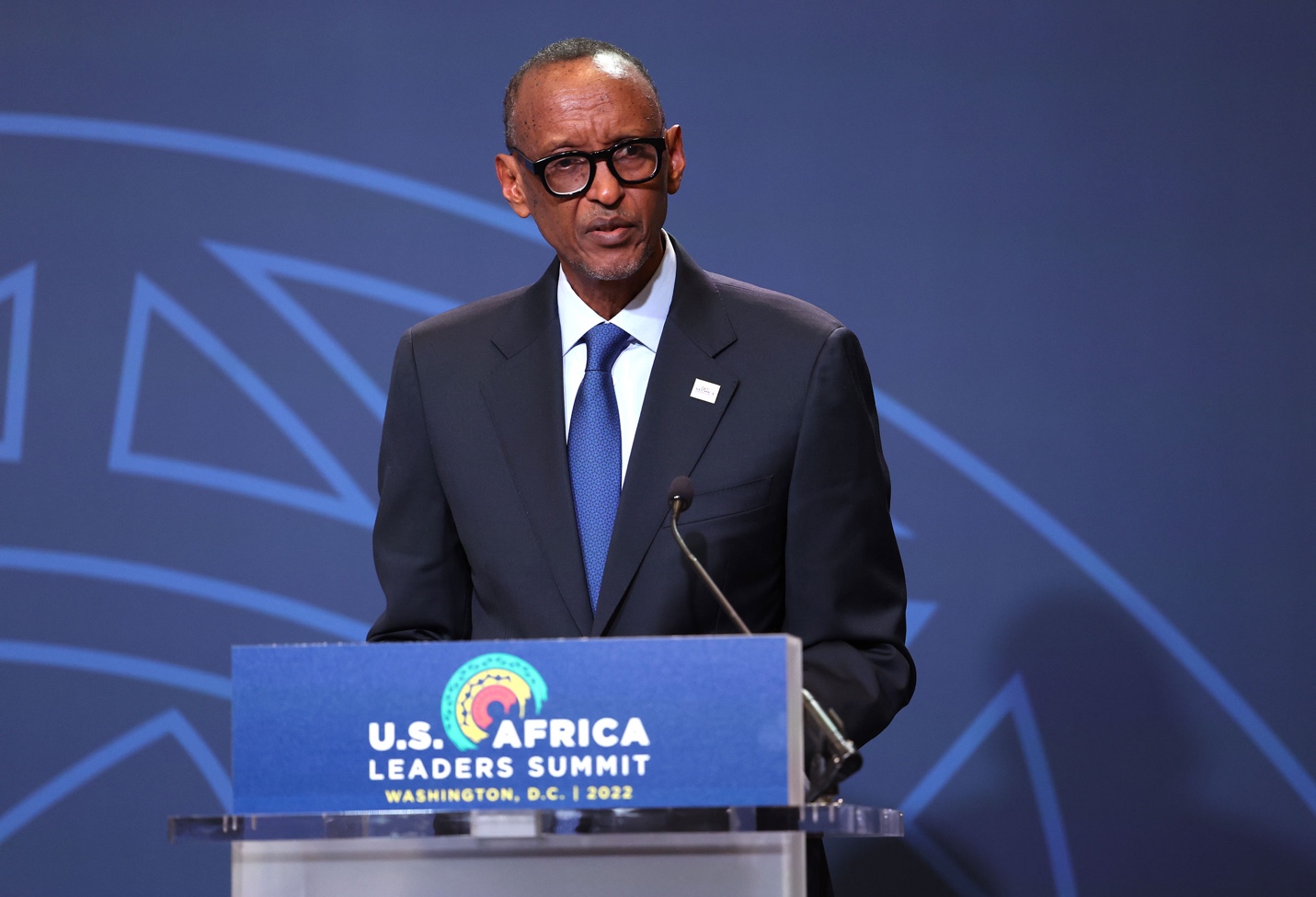
Jeffrey Smith wrote in the Time piece that Kagame had once said of his political opponents, “many of them tend to die.”
So, too, Smith wrote, “has any façade of democracy in Rwanda. Since winning the country’s first direct presidential elections in 2003—with more than 95% of the vote, a winning percentage that has grown to 99% in recent years—Kagame has systematically installed the structures of a totalitarian state in which literally any measure can, and will, be taken by state authorities to silence the calls for inclusivity and democratic reform—from intimidation to collective punishment and from kidnappings to ‘disappearances.’ Even state-sanctioned murder has become routine.”
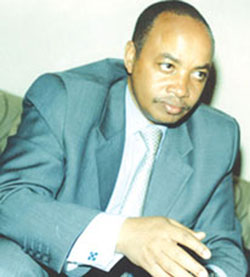
One citizen quoted in Smith’s piece told Human Rights Watch: “Here, the problem is talking the truth. If you do, they go after you.”
After opposition figure Patrick Karegeya was killed in a South African hotel room in 2014, Kagame’s Minister of Defense was quoted as saying, “When you choose to be a dog, you die like a dog, and the cleaners will wipe away the trash so that it does not stink for them.”
World media took notice in 2020 when Paul Rusesabagina, a U.S. Presidential Medal of Freedom honoree whose actions in the 1994 genocide inspired the film Hotel Rwanda, was kidnapped and held in captivity for more than two years after being duped into traveling from his home in the U.S. overseas by Rwandan authorities.
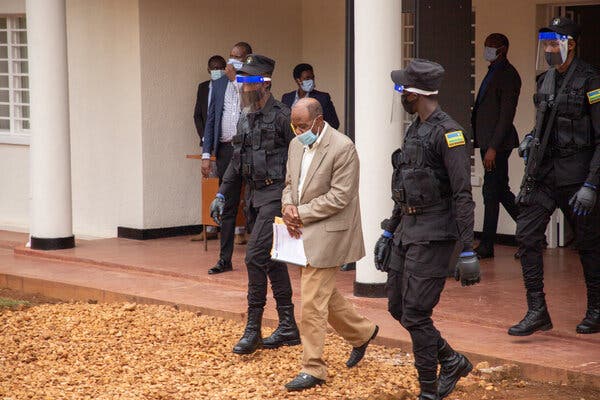
Based on the publicity surrounding this case, Senator Robert Menendez (D-NJ), chairman of the Senate Foreign Relations Committee, requested in July a comprehensive review of U.S. policy toward Rwanda and urged that the U.S. place on hold all assistance over concerns about human rights and Rwanda’s apparent role in the humanitarian catastrophe unfolding in neighboring Congo.
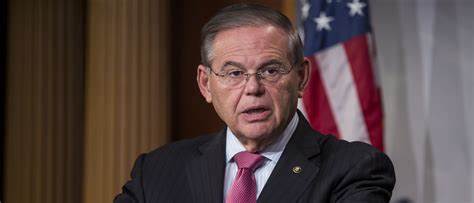
As of this writing, the requested hold has not been placed and Rwanda is scheduled to receive $176.56 million in U.S. foreign aid in 2023.
According to Time, since 2003 total U.S. aid and development assistance to Kagame has increased by 400%—despite the massive documented human rights abuses of his regime.
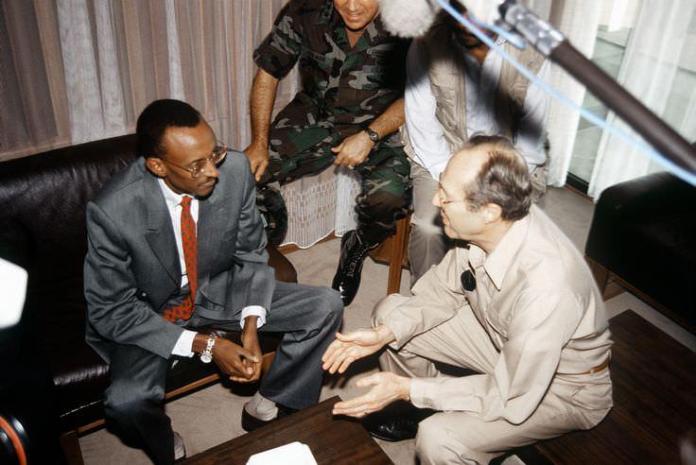
Kagame has been called an “African Hitler” because a) his forces established open air crematoria for more efficiently disposing of the bodies of the massive numbers of Hutu that they killed during Rwanda’s civil war (1991-1993) and thereafter; b) he triggered the Rwandan conflict and genocide beginning in 1990 when forces under his command illegally invaded Rwanda from Uganda and then in 1994 appears to have ordered the shooting down of Rwandan President Juvénal Habyarimana’s airplane so he could take power for himself; and c) he invaded Congo twice, sponsored proxy militias that killed and raped tens of thousands of people in Eastern Congo while plundering the area’s resources.[1]
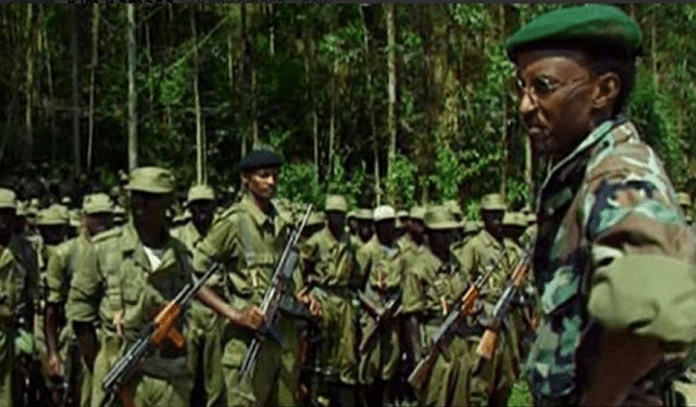
A clue as to why the U.S. has stuck by Kagame for so many years appears in an October 2022 State Department fact sheet, which gushed that “in November 2019, an American Chamber of Commerce was formed in Rwanda and has now grown to over 70 members. U.S. business interests in Rwanda are expanding, with private U.S. investment in tea, coffee, energy, mining, water treatment, banking, franchising, services, hospitality, tech, communications equipment, and manufacturing.”[2]
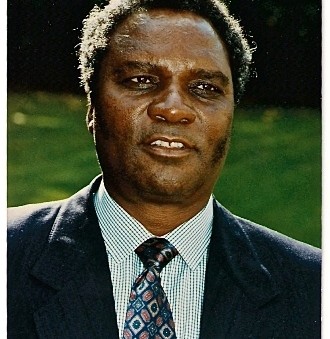
Meaning that Kagame has kept Rwanda open for U.S. business when his predecessor, Juvenal Habyarimana (1973-1994) had been criticized by the State Department for heading a government with “elephantine bureaucratic procedure” and a “go-slow bureaucratic mentality” that hindered private enterprise.[3]
Kagame performed a particularly valuable service for U.S. business interests in his invasion of Congo, which helped to install a pro-Western government that provided lucrative mining concessions for U.S. and Western based multinational corporations.
Among the companies that benefitted was American Mineral Fields (AMF), which happened to have been headquartered in Hope, Arkansas, Bill Clinton’s hometown.[4]
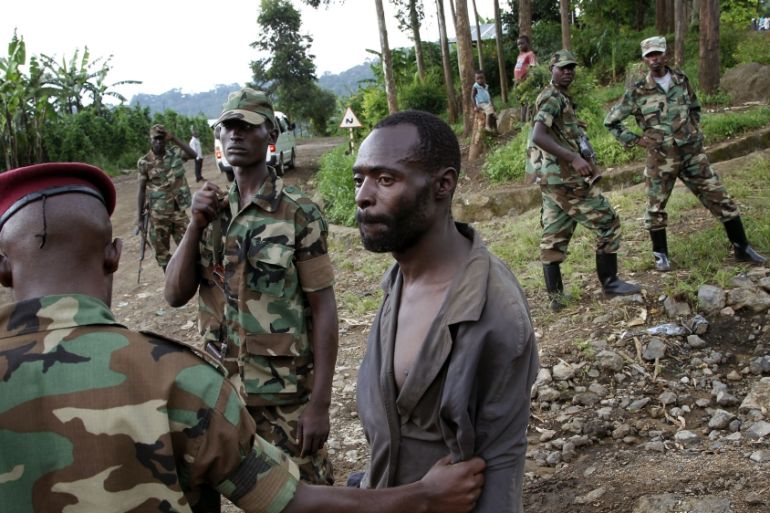
Clinton was a major booster of Kagame from the beginning of his reign, referring to him as “one of the greatest leaders of our time.”
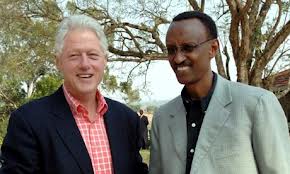
One wonders if Clinton still feels that way today—amidst a massive amount of evidence that the opposite holds true, and that Kagame is a serial killer.

-
As chief of intelligence under Yoweri Museveni in the 1980s, Kagame, nicknamed “Pilate” after Pontius Pilate, tortured and killed many regime opponents. To become head of the Rwandan Patriotic Front (RPF), Kagame is rumored to have killed his rival, Fred Rwigyema, who was widely respected and may have averted the conflict that led to the Rwandan genocide. ↑
-
The State Department fact sheet further noted that “U.S. exports to Rwanda include aircraft, pharmaceutical and scientific products, machinery, optical and medical instruments, construction equipment, and agricultural products. U.S. imports from Rwanda include coffee and other agricultural products, tantalum and tungsten ores, and basketwork. Rwanda is currently eligible for limited preferential trade benefits under the African Growth and Opportunity Act (AGOA). The United States and Rwanda have a trade and investment framework agreement (entered into force in 2006) and a bilateral investment treaty (entered into force in 2012). The United States has also signed trade and investment framework agreements with the East African Community (EAC) and with the Common Market for Eastern and Southern Africa (COMESA). Rwanda is a member of both regional organizations.” ↑
-
Ambassador Herman Cohen for National Security Council, “How Habyarimana Runs Rwanda;” American ambassador (Herman Cohen) to Secretary of State, “Rwanda’s Private Sector: Battling the Bureaucrats,” April 1988; “Rwanda: Even a Worse Future Ahead,” December 11, 1987, Ronald Reagan Presidential Library, Simi Valley California, African Affairs, Box 1, Folder Rwanda. ↑
-
Dena Montague, Frieda Berrigan “The Business of War in the Democratic Republic of Congo: Who benefits?” Dollars and Sense, July/August 2001, http://www.projectcensored.org/top-stories/articles/19-american-companies-exploit-the-congo/.
CovertAction Magazine is made possible by subscriptions, orders and donations from readers like you.
Blow the Whistle on U.S. Imperialism
Click the whistle and donate
When you donate to CovertAction Magazine, you are supporting investigative journalism. Your contributions go directly to supporting the development, production, editing, and dissemination of the Magazine.
CovertAction Magazine does not receive corporate or government sponsorship. Yet, we hold a steadfast commitment to providing compensation for writers, editorial and technical support. Your support helps facilitate this compensation as well as increase the caliber of this work.
Please make a donation by clicking on the donate logo above and enter the amount and your credit or debit card information.
CovertAction Institute, Inc. (CAI) is a 501(c)(3) non-profit organization and your gift is tax-deductible for federal income purposes. CAI’s tax-exempt ID number is 87-2461683.
We sincerely thank you for your support.
Disclaimer: The contents of this article are the sole responsibility of the author(s). CovertAction Institute, Inc. (CAI), including its Board of Directors (BD), Editorial Board (EB), Advisory Board (AB), staff, volunteers and its projects (including CovertAction Magazine) are not responsible for any inaccurate or incorrect statement in this article. This article also does not necessarily represent the views the BD, the EB, the AB, staff, volunteers, or any members of its projects.
Differing viewpoints: CAM publishes articles with differing viewpoints in an effort to nurture vibrant debate and thoughtful critical analysis. Feel free to comment on the articles in the comment section and/or send your letters to the Editors, which we will publish in the Letters column.
Copyrighted Material: This web site may contain copyrighted material the use of which has not always been specifically authorized by the copyright owner. As a not-for-profit charitable organization incorporated in the State of New York, we are making such material available in an effort to advance the understanding of humanity’s problems and hopefully to help find solutions for those problems. We believe this constitutes a ‘fair use’ of any such copyrighted material as provided for in section 107 of the US Copyright Law. You can read more about ‘fair use’ and US Copyright Law at the Legal Information Institute of Cornell Law School.
Republishing: CovertAction Magazine (CAM) grants permission to cross-post CAM articles on not-for-profit community internet sites as long as the source is acknowledged together with a hyperlink to the original CovertAction Magazine article. Also, kindly let us know at info@CovertActionMagazine.com. For publication of CAM articles in print or other forms including commercial internet sites, contact: info@CovertActionMagazine.com.
By using this site, you agree to these terms above.
About the Author

Jeremy Kuzmarov holds a Ph.D. in American history from Brandeis University and has taught at numerous colleges across the United States. He is regularly sought out as an expert on U.S. history and politics for radio and TV programs and co-hosts a radio show on New York Public Radio and on Progressive Radio News Network called “Uncontrolled Opposition.”
He is Managing Editor of CovertAction Magazine and is the author of six books on U.S. foreign policy, including Obama’s Unending Wars (Clarity Press, 2019), The Russians Are Coming, Again, with John Marciano (Monthly Review Press, 2018), Warmonger. How Clinton’s Malign Foreign Policy Launched the U.S. Trajectory From Bush II to Biden (Clarity Press, 2023); and with Dan Kovalik, Syria: Anatomy of Regime Change (Baraka Books, 2025).
Besides these books, Kuzmarov has published hundreds of articles and contributed to numerous edited volumes, including one in the prestigious Oxford History of Counterinsurgency .
He can be reached at jkuzmarov2@gmail.com and found on substack here.


